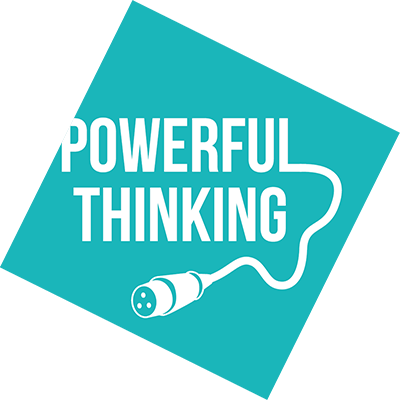About this Factsheet
The purpose of this factsheet is to consider the benefits of using a grid connection compared to temporary power, i.e. diesel generators and/or other types such as hybrid, solar and wind.
Benefits of a Grid Connection
A grid connection can drastically reduce your emissions, particularly if you are able to choose a green tariff, which is undoubtedly better for the environment even if the footprint is currently calculated to be the same as a normal tariff (DEFRA Environmental Reporting Guideline: 2013 – currently being reviewed).
A grid connection causes fewer emissions than using diesel and generators transported to your site. Whilst a more sustainable option, it should not be considered ‘sustainable’ in itself, unless you are able to choose a renewable energy tariff. A temporary onsite power system based on renewable energy is typically more sustainable than a non-renewable grid connection.
Energy suppliers can deliver you a certificate which proves the percentage of renewable energy they have supplied to you. The renewable energy can be from everywhere, and thus can be generated/harvested on the optimal circumstances (like solar power in sunny regions and wind power in windy (off-shore) regions). As this renewable power is delivered to the grid, it can be used anywhere in this grid. The systems of certificates guarantees that no more renewable energy is sold than is generated, in order to be sure that no fossil energy will be sold as renewable energy.
Grid power is also typically significantly cheaper. The energy, charged per kW/hr, is inevitably cheaper than the cost of generators, fuel and delivery, even considering the continued requirement for distribution and lighting equipment.
Other benefits include:
- Zero local atmospheric pollution (NOx, CH, CO2).
- No generator noise.
- Greater reliability – less likelihood of mechanical failure or human error.
- Fewer deliveries / less traffic movement.
- No risk of pollution through fuel spillage.
- No space required onsite for generators or access.
- No requirement for refuelling during show meaning a reduction of show-time vehicle movement.
- No efficiency loss due to different power demands.
Considerations
- The ability of an event to use a grid connection depends on there being suitable connection in the right location(s), and thus it is typically more likely to be an option for city-based events.
- Installing a grid connection can be expensive.
- A decision to install a new connection may rest with the venue or land owner. There are many examples of events, local authorities or landowners working together to spread costs of installations over several years, often with significant financial savings over the medium term.
- The size(s) and location(s) of supply may prevent a grid connection being viable for many events based in rural locations.
- A grid connection with a green tariff is the most sustainable option available to outdoor events.
Examples of using grid connections at events:
Øya Festival (Norway, capacity 70,000) uses renewable hydroelectric mains power to supply its audience and site, a green space in the city centre of Oslo. In 2010, they switched from diesel generators to exclusively grid/mains power, which is 98% renewably-derived (mainly through hydroelectricity generation) and has removed virtually all onsite emissions. Read the full case study to learn how Øya implemented their new infrastructure and went on to cut electricity consumption by 22% through efficiencies between 2012 and 2013. http://www.powerful-thinking.org.uk/casestudy/oya/
Cambridge Folk Festival (UK, capacity 14,000) is partially run off mains electricity, supplied through 100% renewable-derived electricity, which saves 12-15,000 litres of diesel per event. Read the full case study to learn about the generator efficiency measures they have also put in place to cut their diesel footprint by a third: http://www.powerful-thinking.org.uk/casestudy/cambridge-folk-festival/
